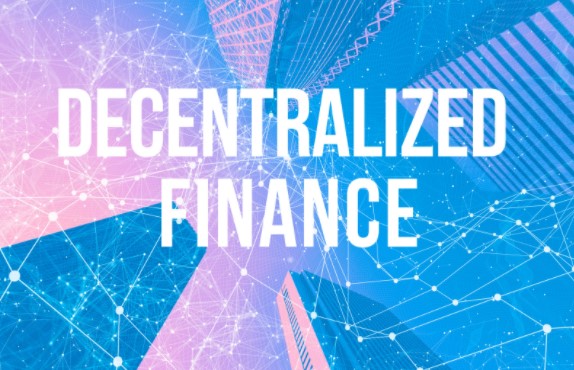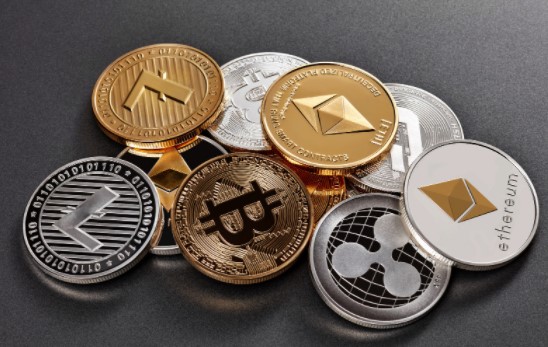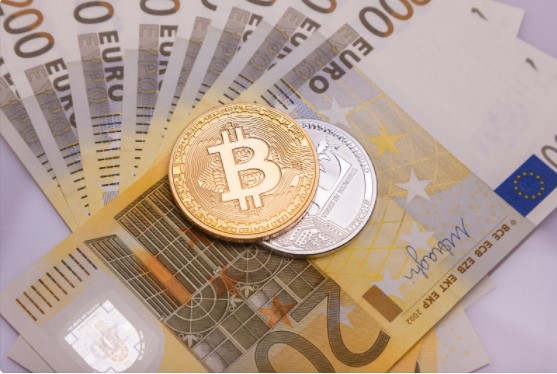“The growth of the Defi industry was accelerated in 2020, growing from $700 million by December 2019 to $13 billion on December 31, 2020. It has reportedly hit $40 billion this year, based on industry data across a host of sources and cryptocurrency exchange.”
The Decentralized Finance Solution has attracted many observers and analysts’ expectations and can grow astonishing proportions figures. Real-world assets and equity alone will not grant access to DeFi, but the assets to be effectively integrated when it is tokenized with all legal compliance. According to Liechtenstein Token Act, the illiquid assets can be locked in DeFi protocols. Hence, it provides enormous liquidity for DeFi as the finance sector is entirely worth more than 26 trillion dollars.
What is DeFi Token Development?
The DeFi Token Development creates DeFi tokens with integrated security, utility, payment, and equity tokens. The development of ERC-20 and ERC-721 tokens is also possible using the DeFi platform. The developed crypto-tokens could be used as leading real-world assets. The users will benefit right from the ownership of assets, voting rights to taking part in the blockchain platform’s decision-making process.
Future of yields in DeFi Platform Development
The yields of DeFi Platform Development are highly volatile and excellent in the traditional sector for DeFi enthusiasts. Yield farming, also known as liquidity mining, has clever stats where investing crypto temporarily in discarding the protocols’ application will make owners earn more cryptocurrency. Yield fluctuations occur at times, but it has more advantages and flexibility to switch pools using profitability openly. The result will be more diversified for investors paired with substantial higher returns. When assets are tokenized and include equity, the total growth rate becomes exceeding with high positive returns to be followed.
Walk-through Innovations of DeFi Development
DeFi development has more liquidity problems than traditional finance, which is now fixed for sustaining in the growth market. Some investments made by users went in vain as the investments were done without understanding the trading concepts when protocol went broke. Some protocols need to be well developed for making multiple language translations easy for them to access. The DeFi investors need to have some basic knowledge to utilize the trading platform before investing. The scaling solutions in DeFi are another issue for future growth and it requires additional upgrades for tokenized crypto-assets. Since Ethereum charges a high gas fee, which slows down the development growth, the DeFi provides the best solutions for considering these innovations like the Rollup model, side-chain, and sharding.
Essential benefits of DeFi token development
- The DeFi platform relies entirely on using smart contracts for automation by eliminating manual interference.
- The Smart Contract initialization helps users agree on non-editable mutual agreements to avoid further conflicts through automation.
- The investment strategies to be flexible for investors to trade and control their assets by attaining high ROI.
- The transaction fees to be charged less while the transaction of funds takes place by eliminating third-party involvement.
- The high-level security in DeFi comes with a peer-to-peer mechanism in the blockchain network for preventing data breaches and hacks.
- The implementation of pseudonymous transactions in blockchain networks records the user’s transaction and secures their respective profile from being displayed.
- The trade made in the DeFi platform secures user’s transaction details globally irrespective of their location, economic status and wealth.
- The DeFi platform in the blockchain network is interoperable and makes it a user-centric platform for easy access.
- The DeFi platform maintains transparency and has complete control over users’ data.
- The core benefits of DeFi include increased liquidity, compliant digitized assets and innovative financial tools.
Overlook on the economic growth of the DeFi Platform
The KYC is not the most pressurized issue in the secondary market, but it still plays an essential role in the blockchain market. Legally tokenizing assets for integration is regulated by DeFi for protocol adoption of blockchain with the real economy. DeFi is affected by the real economy by using the use case to tokenize assets as collateral on DeFi protocols. The traditional finance of the world and DeFi still has a future to serve the clients’ needs. Moreover, decentralized finance is more interoperable than centralized finance since regulators permit tokenized assets to participate.

Further, innovations like credit delegation offer efficient liquidity to all finance. Tokenization functions as a bridge between the blockchain sector and the traditional finance of the world. The KYC compliance and AML processes in tokenization allow regulators to enable smooth functioning yet precise control.
Summing Up
The DeFi development solution is the future of blockchain technology that lured millions of users to gain access to its platform, reaping more profits. DeFi tokens have always had high-value rates in the trade market and fluctuate based on economic conditions. The DeFi investments have always been a positive backbone for investors in increasing income for their business growth. Decentralized finance is the future of the blockchain industry overtaking CeFi and traditional banks in the digital market. DeFi is a trusted platform among millions of users worldwide since it has high-level security, maintenance, low transaction fee, and transparency. The DeFi development is trending, and the right time for making suitable investments for future growth; get in touch with any blockchain company for better assistance.






































